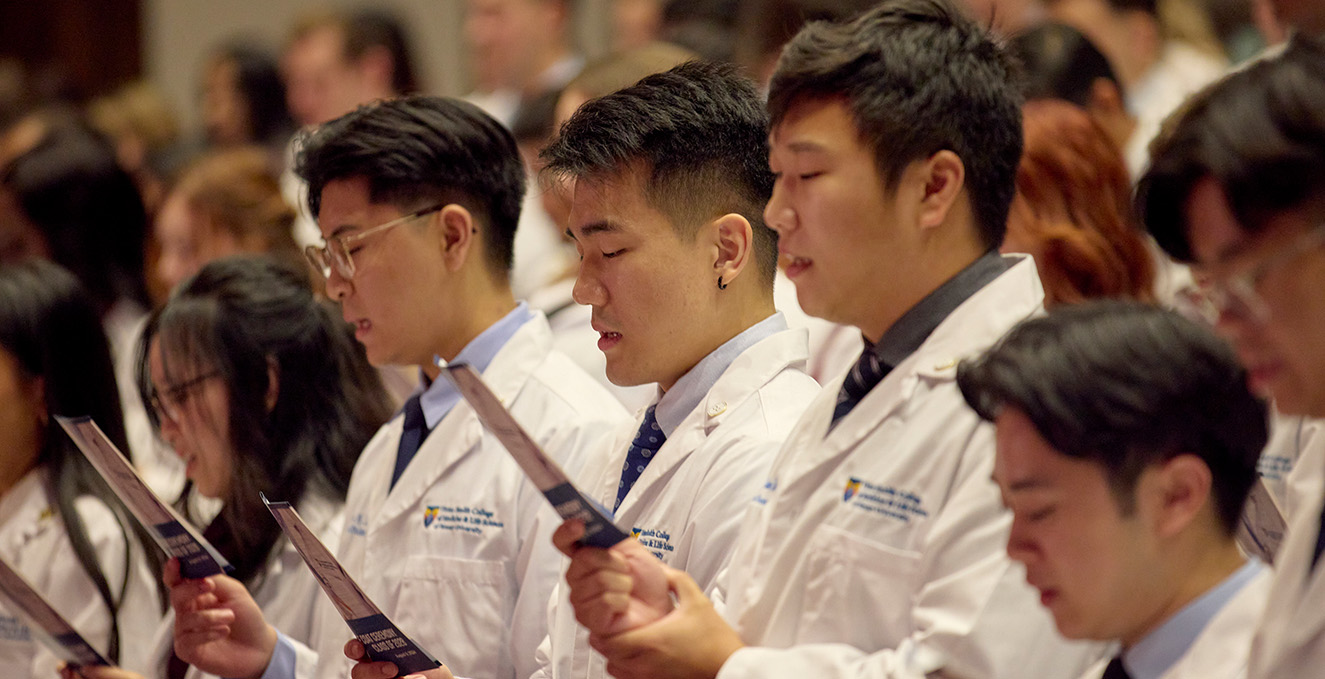Financial Aid FAQ
Your money, your questions - answered
We know that even after you've read through all of the financial aid pages, you may still have lots of questions. Have no fear, because we have lots of answers!
Yes. If you are experiencing financial difficulty, it is highly recommended you schedule an appointment with a counselor.
The University may issue a refund when a credit balance exists on a student's account as a result of any personal payment, financial aid, scholarship, or a combination of payment types that exceed the total of all University charges and fees.
To learn more about refunds, please visit https://sites.rowan.edu/bursar/refunds/.
To inquire about the status of your refund please contact the Bursar's Office at 856-256-4150 or email at bursar@rowan.edu.
Student budgets are prepared using current Department of Education guidelines, which consists of tuition, fees, cost of required books and supplies, room and board (based upon a shared dwelling), transportation, and personal expenses. In general, tuition, fees, and books come from your school’s Student Affairs office. Room and board costs are constructed using Bureau of Labor Statistics data for specific geographical regions. This is supplemented with data from surveys sent to our student body.
Entrance and Exit Interviews are integral pieces of the Financial Aid Process. All first-time Rowan University borrowers must complete Entrance Counseling, which advises you of your rights and responsibilities for the loan you are assuming. Exit Counseling provides valuable information on how to prepare for and repay your student loans. The University will contact students to schedule an Exit Interview before leaving the institution. For more information on completing online federal Entrance and Exit Counseling, click here.
Along with the federal exit program, individuals who borrow funds while in attendance at the Rowan-Virtua School of Osteopathic Medicine are required to attend a half-day exit program. This program is built into your academic calendar, typically on the third Tuesday in March of your graduating year.
Deferment forms are processed by the Registrar. Please email SOMRegistar@rowan.edu.
Students who have room remaining in their budgets may request additional funds by emailing stratfinaid@rowan.edu. Be sure to include your ID number and specify the amount requested.
Your individual budget figures along with your financial aid award can be obtained by logging into your student portal at Rowan Self Service. Follow the prompts to Financial Aid. Click on Cost of Attendance for the appropriate academic year. Subtract your total financial aid award from your Cost of Attendance.
Yes. Students may request changes to their financial aid awards by emailing stratfinaid@rowan.edu. Please include your Banner ID. Please note: decreasing your financial aid may result in a balance due that should be promptly paid.
A student must be a US citizen or an eligible non-citizen to receive aid from the Federal Student Aid programs. To review the eligibility requirements please visit https://studentaid.gov/understand-aid/eligibility/requirements.
Additionally, non-citizens may seek private education loan assistance. Please click here to learn more about private education loan funding: https://som.rowan.edu/education/financialaid/financial-planning/loans.html
The New Jersey Residency Policy and Eligibility for In-State Tuition policy can be found here.
After reviewing the policy, if you are classified as an out-of-state student and think you meet the criteria to be considered a New Jersey resident for tuition purposes, you may apply for a change in residency. To apply, you would complete the Residency Analysis Form found at here.
There are additional documents required to be submitted with the Residency Analysis form which are described in Part II of that form. In order to allow enough time for processing the request it is recommended that the form and all required items be submitted at least five (5) weeks before the start of the semester for which you are seeking a change in tuition.
Please contact the SOM Registrar at somregistrar@rowan.edu for additional information.
An origination fee is a percentage of your loan amount charged by the lender for the processing of your loan. Federal student loans have an origination fee; therefore, the amount disbursed to your account may be slightly lower than the amount you borrowed.
You can view the current origination rates here.
You can find a detailed description of university fees here: https://sites.rowan.edu/bursar/tuitionfees/feesfacts.html
For any additional questions, please contact the Associate Dean of Student Affairs.
The Grad Plus loan is an additional form of student aid. The amount borrowed will always be applied to any open university charges owed first. It is not synonymous with a loan for living expenses. You will receive a refund when a credit balance exists. For more information on refunds, click here.
Disbursement means that your student loan funding has been sent by your loan provider to your university Bursar billing account.
Loan refunds are administered through the Office of the Bursar after the designated disbursement dates. The loan amount is applied to your account balance first. If you are anticipating a credit balance, or refund from your student loan, it will be generated within 14 calendar days of the disbursement date.
Disbursement dates can be found under Announcements & Dates to Remember here.
Have a question you don't see answered above? Please take a moment to contact us and we'll see if we can help you achieve your academic dream: StratFinAid@rowan.edu or 856-566-6008




